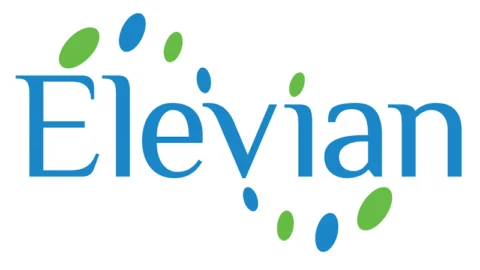
Organization Description
Elevian is a company working to develop blood-borne factors that promote recovery and regeneration into new medicines. Their lead program is a recombinant protein intended to preserve brain function in the days following a stroke — a stage at which there are currently no viable neuroprotective treatments.
The cofounder and CEO is Mark Allen, MD; scientific cofounders include Lee Rubin, PhD, Rich Lee, MD, and Amy Wagers, PhD.
In November 2020, Elevian announced that it had raised $15 million in equity funding with which to develop its lead asset. They followed this with a $40 million Series A round in September 2021, which Elevian stated was sufficient to enable them to submit an Investigational New Drug Application (IND), increase manufacturing capacity, and complete Phase I clinical trials for stroke recovery. As of September 2025, Elevian’s website says it has developed a stable cell line capable of producing large quantities of rGDF11 and “a scalable purification process to produce high-quality, active rGDF11. Manufacturing activities to support IND Enabling safety and toxicology and early clinical studies are ongoing.”
As of September 2025, the most recent update on Elevian’s media page is from July 19, 2022.
ELV-001 (Recombinant GDF11, IV, Short-Term)
The company focuses on the protein growth differentiation factor 11 (GDF11). The scientific founders reported that administering GDF11 to aged mice reduced age-related cardiac hypertrophy, accelerated skeletal muscle repair, improved exercise capacity, enhanced brain function and cerebral blood flow, and improved metabolism. Very recently, Elevian-affiliated scientists reported that low levels of active GDF-11 predicted elevated risk of cardiovascular disease, total mortality, and possibly dementia, consistent with several previous studies.
However, the rejuvenating effects of GDF11 quickly became controversial, with several independent groups reporting that it has no such effects and even causes tissue atrophy.
As of September 2025, Elevian’s website indicates that the company now focuses on developing recombinant GDF11 (rGDF11) as a late-onset neuroprotectant after strokes. Their website states that GDF11 has been shown to improve motor function recovery after a stroke in animal models of stroke; this finding is consistent with one paper from affiliated scientists and another published report from an independent group, but is in tension with an in vitro stroke model. Their website states that “rGDF11 promotes neovascularization (new blood vessel formation), stimulates neurogenesis (new neuron formation), and reduces inflammation,” seemingly without regard to whether the stroke is occlusive or ischemic.
ELV-002 (Recombinant GDF11, Topical)
Elevian’s pipeline page lists this candidate as in the discovery phase for wound healing.
ELV-003 (Recombinant GDF11, IV/Sq, Long-Term)
Elevian’s pipeline page lists this candidate as in the discovery phase for cardiometabolic and inflammatory diseases. It discusses the effects of rGDF11 in preclinical models of diet-induced obesity and diabetes. Elevian states that rGDF11 improves glucoregulation and promotes weight loss in a diet-induced model of obesity and Type II diabetes, and that they are conducting additional mechanistic and preclinical efficacy studies “as we advance rGDF11 for metabolic disease.”
ELV-101 (Anti-FSTL3 Antibody)
Elevian’s pipeline page lists this candidate as a GDF11 modulator in the discovery phase for cardiometabolic and inflammatory indications. FSTL3 (follistatin-like protein 3) is related to both folistatin and myostatin, acting primarily on TGF-β family ligands, and has a strong inhibitory effect on activin. An anti-FSTL3 antibody would therefore be expected to enhance signaling through activin through other ligands.


